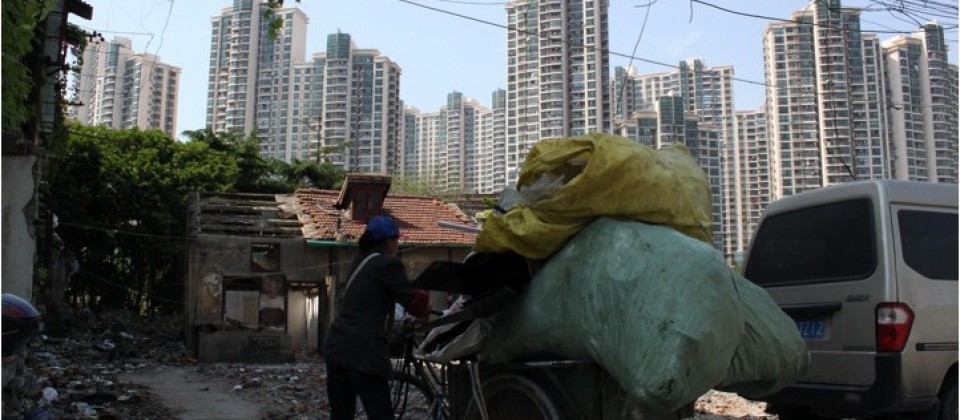Sarah Tynen, University of Colorado – Boulder, Department of Geography
Since 1978, free-market economic reforms in China decentralized state power and assigned fiscal responsibility to local governments. In 1998, the central government permitted city officials to lease state-owned land to private real-estate developers. As a result, accelerated housing redevelopment in a rapidly urbanizing China dramatically transformed the built and social environment through patterns of uneven housing development and socioeconomic segregation. I examine the role of socio-spatial segregation in its material and discursive formations through participant observation and interviews on class construction and urban citizenship. The following research question provides the main focal point: How do classed citizens in China (rural migrants, urban lower-class, and urban middle-class) negotiate inter-group tensions over access to urban citizenship, private property, and urban space? I explore the everyday experience of urban housing redevelopment as it constructs social formations. Profound and complex socio-spatial divisions between and within socioeconomic groups are based on the restructuring of local state control in the context of globalization, which results in the rearticulation of conceptions of property, citizenship, and social relations.
Email: sarah.tynen@colorado.edu


Leave a Reply